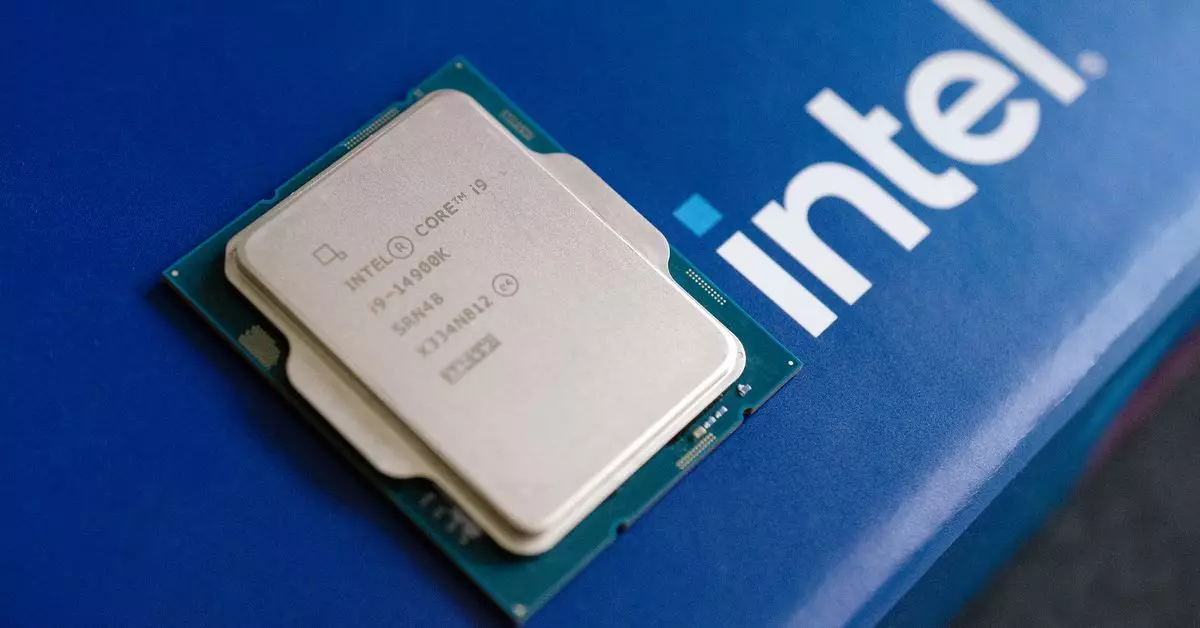The world of computing is no stranger to technical hiccups and unforeseen challenges, but the recent troubles surrounding Intel’s Raptor Lake processors merit a deeper examination. Intel has introduced a microcode update specifically aimed at its 13th and 14th Generation processors, a necessity driven by reports of devices crashing and potential long-term hardware damage. This move signifies not only a reactive strategy to safeguard users but also raises questions about the integrity of their technology and consumer trust.
The core of this update, dubbed 0x12B, seeks to tackle a critical concern: the processor’s tendency to request excessive power during idle states or when executing light tasks. This overload can, over time, lead to premature aging and potential failures of the chips. It’s a situation that could leave users with non-operational devices, thereby undermining Intel’s reputation. The company acknowledges that while this fix does not directly address units already experiencing crashes, it is essential for those still operational, aiming to prevent future malfunctions.
BIOS Updates and Their Timing
While Intel is rolling out the fix to motherboard manufacturers, the timeline for public availability remains uncertain. Intel indicated that it may take weeks for validation and full deployment of BIOS updates across various products. This delay is concerning, as users may be left guessing about the safety and stability of their systems in the meantime. Several previous BIOS updates aimed at mitigating voltage risks have been available, yet the urgency surrounding this latest update amplifies the need for transparency and swift action.
For users experiencing actual crashes, the advice is clear: bypass BIOS updates entirely and contact Intel or their PC suppliers directly. The promise of coverage under Intel’s extended warranty is a crucial lifeline, yet advocacy is essential for consumers who may encounter pushback from vendors. The growing number of affected users highlights a pressing need for better communication from Intel about warranty policies and support processes.
A Call for Transparency
Despite ongoing inquiries into the impact and scope of the Raptor Lake chip issues, Intel has been reticent about sharing specific details. Uncertainty looms regarding the volume of chips affected and the existence of prior oxidization anomalies within certain batches. This lack of information only fuels concerns among consumers and tech enthusiasts alike. The assertion that laptop variants are not experiencing similar issues adds another layer of skepticism, especially given that anecdotal evidence suggests otherwise.
As Intel endeavors to address these technical setbacks, its response will heavily influence customer loyalty and confidence moving forward. Transparency, timely communication, and effective solutions must become cornerstones in how the company interacts with its user base. In a landscape where technology forms the backbone of daily life, Intel’s ability to restore faith through decisive and clear action will be pivotal in retaining its status as a leading technology provider.

